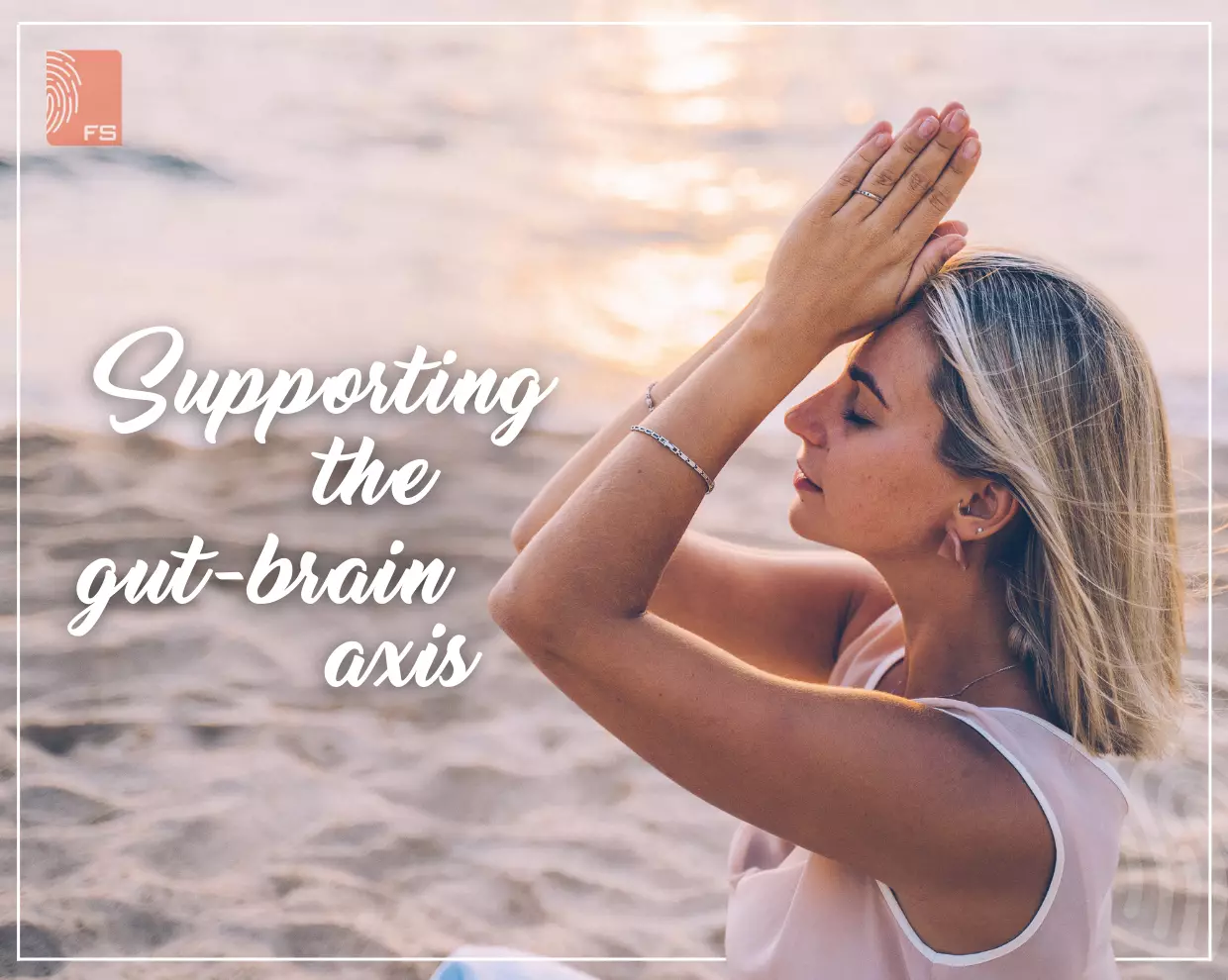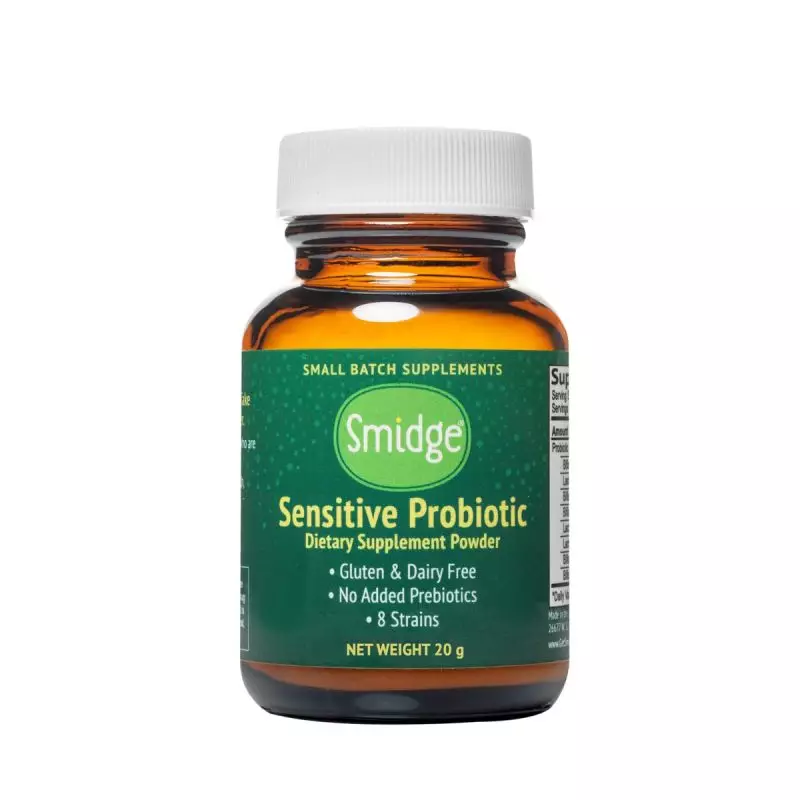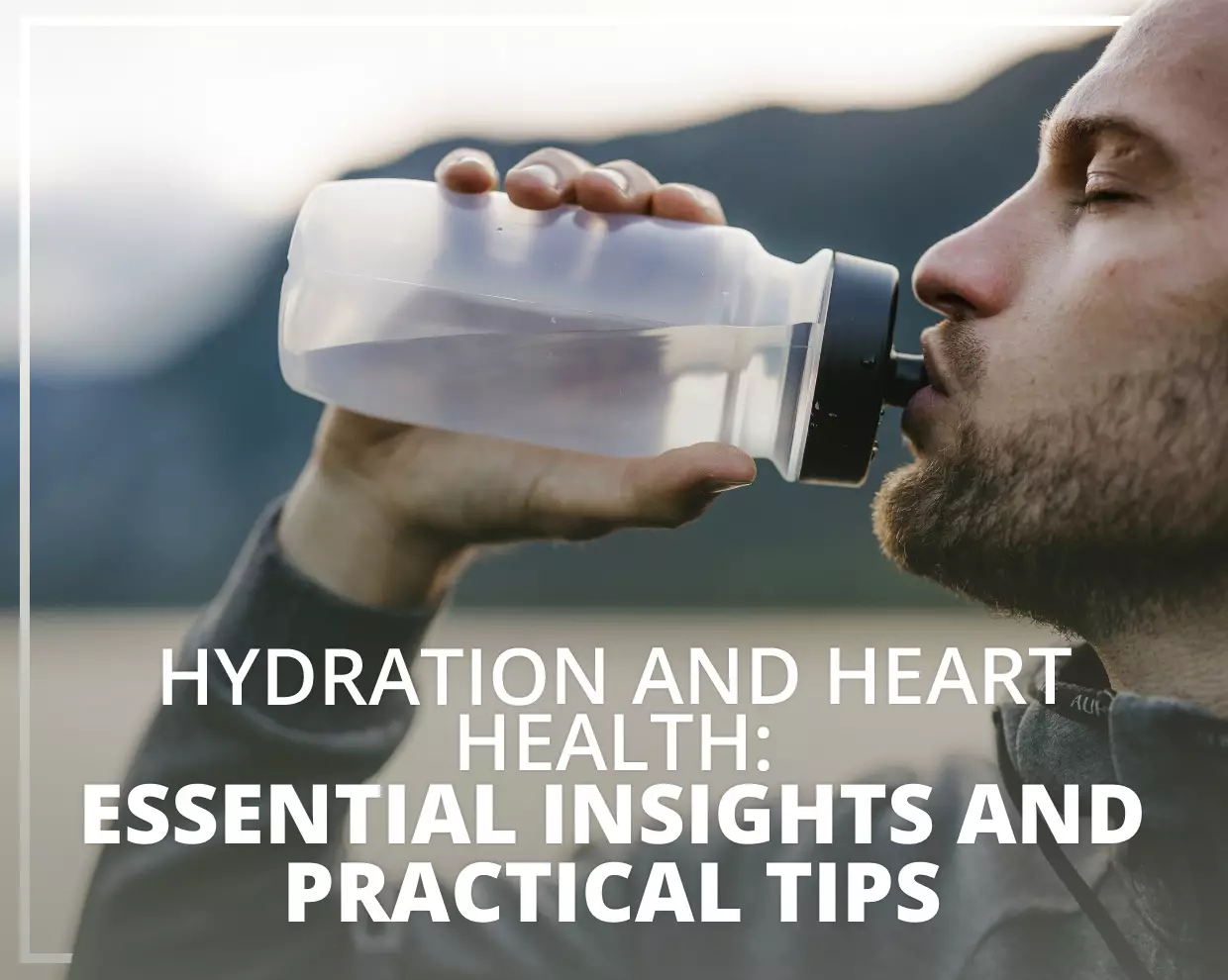Lesson Four: Supporting the gut-brain axis
The foods we eat can impact energy levels, mood, cognitive ability, and our gut microbiome.
Numerous studies have determined that diet can influence mental health at both macro and micronutrient levels. [1] For example, dietary proteins and amino acids, the building blocks of many neurotransmitters responsible for mental function, include serotonin and dopamine. [2]
The gut-brain axis
There is increasing evidence that not only hormones but also the health of your gut microbiome significantly impact your brain and mood. The gut-brain axis is a complex bi-directional communication system between the brain and gut flora.
Studies have shown that a healthy gut plays a critical role in mental health via the gut-brain axis, which has been described as a 'paradigm shift in neuroscience.' [3] For instance, one recent study [4] found that tiny molecules in the brain may allow gut bacteria to hijack people's emotions.
Other studies have linked specific gut flora with the activation of neural pathways, associating the microbiome with depression and other mental health issues. This phenomenon has led to the emergence of "psychobiotics," a field involving the use of probiotics and prebiotics to positively influence your microbiome, ultimately supporting stable mental health. [5]
The brain-supporting role of healthy fats
Fat serves as an energy source for cells and may help in the absorption of nutrients from meals. [5][6] Fat is also essential for absorbing certain vitamins (A, D, E, and K), minerals (including calcium), and antioxidants like lycopene and beta-carotene. [7] Omega-3, an essential fatty acid, may support healthy cognitive function, learning, and mental health. [8]
Clinical studies have suggested that Omega-3 can help support healthy moods, positively affecting mental health. [9] Good whole food sources of Omega-3 include fatty fish such as salmon, mackerel, and sardines. You can supplement with Extra Virgin Cod Liver Oil (EVCLO) to ensure you get enough daily Omega-3.
MCT oil — a healthy source of energy
For those considering the ketogenic diet or seeking a healthy energy source not reliant on carbohydrates, introducing MCT oil into the diet could be beneficial. MCT, short for Medium-Chain Triglycerides found in coconut oil, are saturated fatty acids.
Multiple studies and clinical trials have shown that medium-chain fatty acids are not stored in the body as fat, with research showing that MCT oil may help to maintain healthy body weight and cognitive function. [10]
Studies and clinical trials have shown that medium-chain fatty acids are not stored as fat in the body. Research indicates that MCT oil may help maintain a healthy body weight and cognitive function. [10] Unlike long-chain fatty acids and other food sources, MCT oils are directly metabolized in the liver into ketones, providing a healthy energy source.
Ketones
Ketones may be a more efficient fuel source than glucose, as they require less oxygen for metabolism. A high level of ketones can help your body enter a 'nutritional ketosis' state. Ketosis is a natural metabolic state induced by a ketogenic diet rich in healthy fats and minimal in carbs and sugars.
Carbohydrates need to be limited to around 30-50gm per day, although the exact amount would depend on your personal carb tolerance.

 NZ Store
NZ Store  UK Store
UK Store AU Store
AU Store EU Store
EU Store










